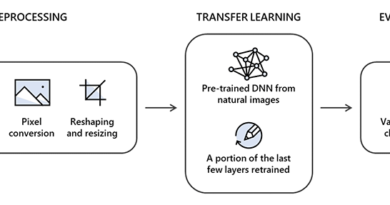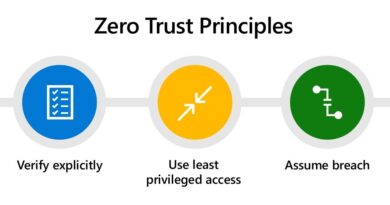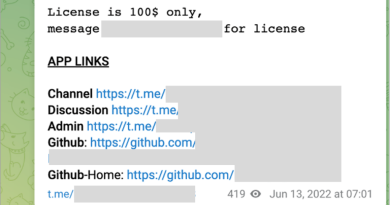How Microsoft 365 Security integrates with the broader security ecosystem—part 1
Today’s post was coauthored by Debraj Ghosh, Senior Product Marketing Manager, and Diana Kelley, Cybersecurity Field CTO.
This week is the annual Microsoft Inspire conference, where Microsoft directly engages with industry partners. Last year at Inspire, we announced Microsoft 365, providing a solution that enables our partners to help customers drive digital transformation. One of the most important capabilities of Microsoft 365 is securing the modern workplace from the constantly evolving cyberthreat landscape. Microsoft 365 includes information protection, threat protection, identity and access management, and security management—providing in-depth and holistic security.
Across our Azure, Office 365, and Windows platforms, Microsoft offers a rich set of security tools for the modern workplace. However, the growth and diversity of technological platforms means customers will leverage solutions extending beyond the Microsoft ecosystem of services. While Microsoft 365 Security offers complete coverage for all Microsoft solutions, our customers have asked:
- What is Microsoft’s strategy for integrating into the broader security community?
- What services does Microsoft offer to help protect assets extending beyond the Microsoft ecosystem?
- Are there real-world examples of Microsoft providing enterprise security for workloads outside of the Microsoft ecosystem and is the integration seamless?
In this series of blogs, we’ll address these topics, beginning with Microsoft’s strategy for integrating into the broader security ecosystem. Our integration strategy begins with partnerships spanning globally with industry peers, industry alliances, law enforcement, and governments.
Industry peers
Cyberattacks on businesses and governments continue to escalate and our customers must respond more quickly and aggressively to help ensure safety of their data. For many organizations, this means deploying multiple security solutions, which are more effective through seamless information sharing and working jointly as a cohesive solution. To this end, we established the Microsoft Intelligent Security Association. Members of the association work with Microsoft to help ensure solutions have access to more security signals from more sources—and enhanced from shared threat intelligence—helping customers detect and respond to threats faster.
Figure 1 shows current members of the Microsoft Intelligent Security Association whose solutions complement Microsoft 365 Security—strengthening the services offered to customers:
 Figure 1. Microsoft Intelligent Security Association member organizations.
Figure 1. Microsoft Intelligent Security Association member organizations.
Industry alliances
Industry alliances are critical for developing guidelines, best practices, and creating a standardization of security requirements. For example, the Fast Identity Online (FIDO) Alliance, helps ensure organizations can provide protection on-premises and in web properties for secure authentication and mobile user credentials. Microsoft is a FIDO board member. Securing identities is a critical part of today’s security. FIDO intends to help ensure all who use day-to-day web or on-premises services are provided a standard and exceptional experience for securing their identity.
Microsoft exemplifies a great sign-in experience with Windows Hello, leveraging facial recognition, PIN codes, and fingerprint technologies to power secure authentication for every service and application. FIDO believes the experience is more important than the technology, and Windows Hello is a great experience for everyone as it maintains a secure user sign-in. FIDO is just one example of how Microsoft is taking a leadership position in the security community.
Figure 2 shows FIDO’s board member organizations:
 Figure 2. FIDO Alliance Board member organizations.
Figure 2. FIDO Alliance Board member organizations.
Law enforcement and governments
To help support law enforcement and governments, Microsoft has developed the Digital Crimes Unit (DCU), focused on:
- Tech support fraud
- Online Chile exploitation
- Cloud crime and malware
- Global strategic enforcement
- Nation-state actors
The DCU is “an international team of attorneys, investigators, data scientists, engineers, analysts, and business professionals working together to transform the fight against cybercrime.” Part of the DCU is the Cyber Defense Operations Center, where Microsoft monitors the global threat landscape, staying vigilant to the latest threats.
Figure 3 shows the DCU operations Center:
 Figure 3. Microsoft Cyber Defense Operations Center.
Figure 3. Microsoft Cyber Defense Operations Center.
Digging deeper
In part 2 of our series, we’ll showcase Microsoft services that enable customers to protect assets and workloads extending beyond the Microsoft ecosystem. Meanwhile, learn more about the depth and breadth of Microsoft 365 Security and start trials of our advanced solutions, which include:
READ MORE HERE



